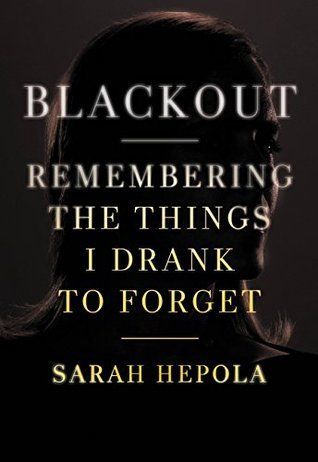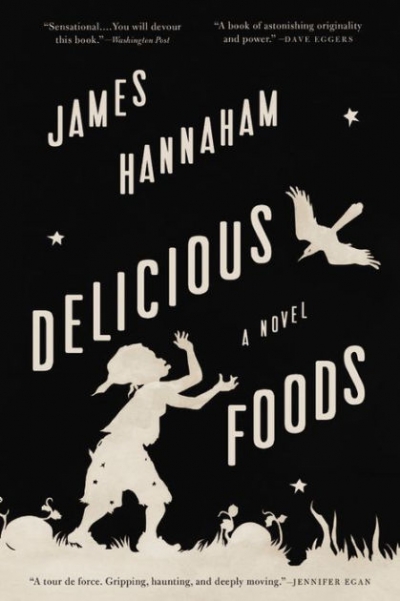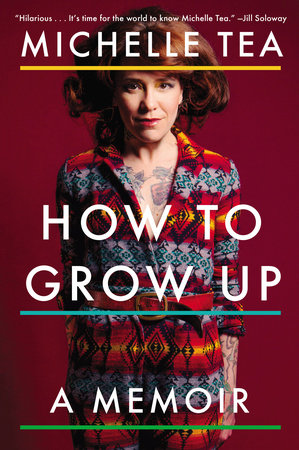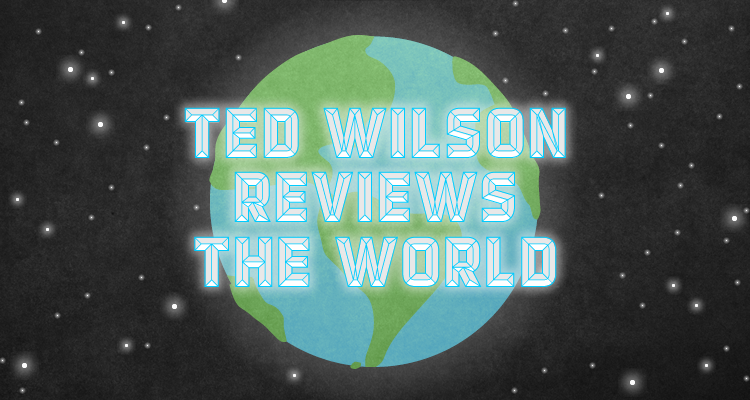Reading Lists
Six Powerful Books about Addiction and Recovery That Will Make You Feel Capable of Change

by Antonia Crane
The time I left our slanted rooftop apartment in San Francisco’s Castro district with its stained yellow tiles and foggy view of the city to ride in an ambulance to a psyche ward, I kicked meth for good. Twenty years later and still clean, I devour stories about addiction and redemption as hungrily as I once craved speed. Fiction and nonfiction stories about overcoming addiction and escaping death made me want to live in a way that no relentlessly optimistic self-help slogan could.
Here are some books that will not only make you want to quit doing the thing that is killing you, but also offer an interesting narrative structure for writers because they flout the conventional hero journey template. Instead of a reluctant hero emerging from an ordinary world to delve into the tricky landscape of magic and tests, these heroes begin in chaos and emerge from the grungy ashes of last call and plunge into sober, or at least peaceful, life earned by one’s ability to overcome hurdles associated with addiction.
Black Out by Sarah Hepola
Black Out, a memoir by Sarah Hepola, is a funny, sad portrayal of an unstoppable, unattached, driven woman who early on mistakes recklessness with feminism and freedom. But her sassy wine-drenched sisterhood quickly cascades into a life of forgotten staircases and stranger’s air mattresses. Hepola’s appealing, smart slumber party voice and achingly honest observations of her own progressive alcoholism are at once heartbreaking and deliciously funny. Surrender and recovery have never felt so familiar.
Graceland by Chris Abani
Graceland, a novel by Chris Abani, is a colorful, cacophonous story of a father and son, addiction, and seductive American trappings in post-colonial Nigeria. Elvis, a teenage Elvis impersonator, hopes to make his way out of the ghetto. Broke, beset by floods and beatings by his alcoholic father, and with no real job opportunities in sight; Elvis is tempted by a life of crime. Thus begins his slippage into the dangerous underworld of Lagos, guided by influential friends and accompanied by a restless symphony of voices. With little help and the desperate pull of crime life nipping at his heels, Elvis must find his way to a Graceland of his own. A poignant tale, which demonstrates beautifully the idea that no matter the reckless path where we stray, we must ultimately save ourselves.
Gun, Needle, Spoon by Patrick O’Neil:
Gun, Needle, Spoon, a memoir by Patrick O’Neil: If anyone knows the gritty consequences associated with the junkie life, Patrick O’Neil’s debut memoir is that secret within the secret. Our hero begins with a violent and terrible arrest after being busted for several armed robberies, the method by which he supported his heroin habit. His incarceration leads him inexorably toward recovery and rehabilitation from which he emerges a person who is not only able to forge a sober life, but whose primary aim is to never forget and never return to his stifling cell in 850 Bryant.
Delicious Foods by James Hannaham
Delicious Foods, a novel by James Hannaham, begins in a swampy hell. Our hero, Eddie, who has no hands, struggles to drive a stolen car to a sweeter place off interstate 45, where his aunt lives, in order to escape a horrible series of events that are not revealed until the end of the story. Darlene, Eddie’s mother, is grief stricken by the sudden death of her black activist husband; her identity becomes entirely eclipsed by crack cocaine. Darlene is literally held captive and drugged by a sinister food chain, human trafficking operation. Although the book is primarily focused on desperate acts born out of grief, drug addiction and rough terrain, “Delicious Foods” is, on a larger scale, an ambitious story about systemic racism and self-destruction — traps that can lead us to our own demise.
How to Grow Up by Michelle Tea
How to Grow Up, a memoir by Michelle Tea, has a particular San Francisco squalor: maggots in the fridge with flies. Cigarette butts on the floor. Beer bottles in the sink. The young Michelle Tea — our forever adolescent, fashion junkie-turned-alcoholic — was the only Goth kid at her prissy school. Later, in her twenties, she believed with her whole glittering heart the world was conspiring against her. Throughout this warm and generous how-to book, Michelle Tea’s astute observations about classism, low self-esteem and struggling as an artist in San Francisco coincide with the harsh realities of being poor and her desperate reach for alcohol to soften the blow. After several broken relationships, shitty apartments and getting ripped off due to her fear of becoming responsible, the most surprising twist of fate was to grow up and chose a sober life. “How to Grow Up” was an actual manual for me. Proof that getting sober and becoming honest about the things we really want more than anything — a spouse, a child, a good job — is sometimes the most punk rock move yet.
Permanent Midnight by Jerry Stahl
Permanent Midnight, a memoir by Jerry Stahl, begins in a bloody diaper, thirteen stitches strong, oozing through gauze in a hospital rehab. If heroin addiction is its own kind of death, then Permanent Midnight is Stahl’s beautiful, green, sky-high view resurrection. In Stahl’s sober hands, addiction has never been more colorful and hilarious. His story begins with himself as a young man, a hopeful, fledgling writer driving cross-country to Los Angeles with his Jersey Penthouse editor to write the demented TV show “Alf.” His opiate habit gains voracious momentum along with the miseries it brings to himself and his daughter. For instance, midnight trips with her in a car seat while he cops dope. In his darkest moments, so many hells were fully realized and washed clean as he kicked dope in a garage while the LA Riots raged outside.
He writes:
“I suspected, for one strange moment, that I had died. And caught myself looking over my shoulder, back through the open door of the rank garage, into the shadows, just to see if my body was still in there. It would have not surprised me, either way. It didn’t matter now. Nothing did. The scum had boiled to the surface and burned off, and what remained was all that had to remain.”














